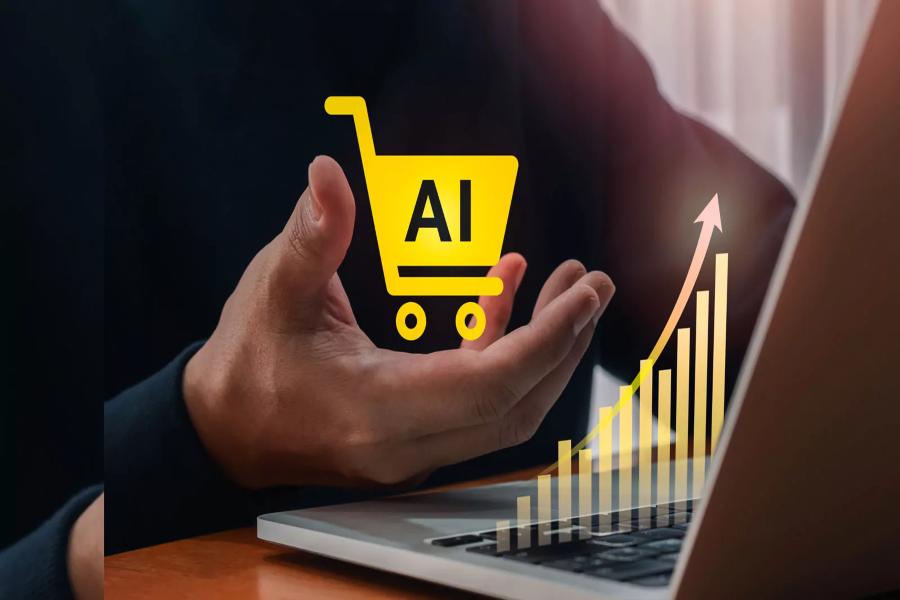SEOFOMO Survey Exposes How SEOs Are Leveraging AI in 2025

Artificial intelligence is no longer optional for e-commerce businesses—it’s quickly becoming essential. A newly published 2025 survey by SEO expert Aleyda Solis’ SEOFOMO reveals how ecommerce SEOs are integrating AI into their workflows, showing a dramatic shift in how search optimization is being approached across the industry.
From content generation to technical audits and conversion rate optimization, AI is now a key player in delivering faster, smarter, and more scalable SEO results. The findings highlight five major areas where AI is making an impact: content, research, technical SEO, UX/CRO, and training. Yet surprisingly, 37% of respondents still haven’t adopted it in any meaningful way, though most say they plan to.
The most widespread use of AI is in content creation. E-commerce SEOs report using it to write product descriptions, generate meta tags, craft alt text, and even brainstorm new content ideas. AI is also being used to adjust content tone and ensure consistency with brand voice—something previously done manually. Some have even begun generating full landing pages or FAQs with AI assistance, though caution is advised. At a recent SEO event, Google’s Danny Sullivan warned that relying on AI for low-effort, generic content could harm rankings.
Research and analysis were another popular area of AI integration, especially for keyword research and clustering. AI helps streamline the tedious process of grouping similar keywords together, allowing SEOs to create more comprehensive content that aligns with how Google understands topical relevance. Surprisingly, the survey didn’t mention topicality research explicitly, though clustering arguably falls into this bucket. Still, using AI to handle data-heavy tasks like SERP analysis is proving a time-saver.
Technical SEO is also seeing major AI-driven innovation. Respondents said they are using AI to support internal linking strategies, automate site audits, and generate SEO checklists. Tools like Screaming Frog have added OpenAI integration to assist with site crawling and issue detection—functions that once took hours can now be handled in minutes with AI-powered tools.
AI is even reshaping the customer journey. Respondents shared how they use it to improve UX and conversion rates with tools like intelligent product recommendation engines, chatbots for customer support, and behavior-based audits. These applications make shopping more intuitive and personalized, boosting engagement and sales.
Education and training are another area on the rise. E-commerce companies are creating AI-generated training materials for the team onboarding and client documentation. Others are using AI to learn how SEO tools function and build custom learning resources for their staff.
Still, adoption isn’t universal. Around 31% of respondents said they’re not using AI yet but plan to soon. A small but vocal 3% said they refuse to use it altogether, and another 4% were undecided. That leaves over a third of respondents not yet fully on board. But with platforms like Shopify, Wix, and even WordPress plugins integrating AI into their ecosystems, the trend is clearly moving toward broader adoption.
For those hesitant to dive in, one practical way to start is to think of AI as an intern. What are the repetitive, data-heavy, or time-consuming tasks you would delegate? That’s where AI thrives—freeing up time for strategic thinking while still delivering high output.
The SEOFOMO survey makes it clear: AI is reshaping the way ecommerce professionals think about SEO, from the ground up. Whether it’s generating a hundred product descriptions in minutes or analyzing site crawl data, AI is helping digital teams do more with less, and the sooner businesses adapt, the bigger their competitive advantage will be.
To see the full results, head to the SEOFOMO Ecommerce SEO in 2025 Survey and explore how your business can get ahead.
